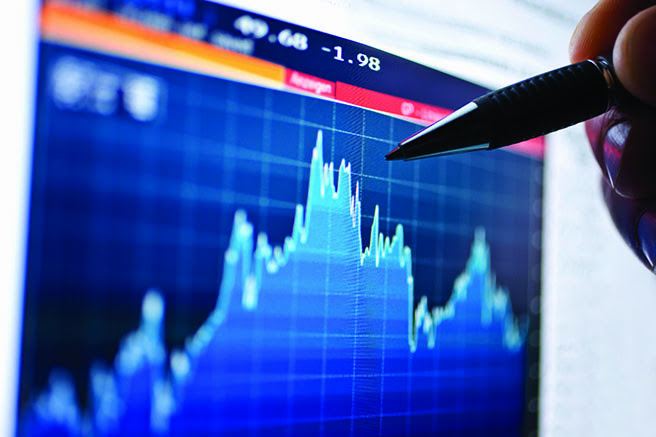Investing in shares is one of the most popular ways to invest, especially for the younger workforce with less familial responsibilities and more cash to spare. Besides, there is only so many Avo toasties you can buy.
But before going all in, it is a good idea to understand how this is going to affect your next tax return.
Buying
- The purchase price of your shares is important to work out the capital gain when you dispose of your shares.
- Even if you don’t pay for your shares, but receive them as a gift or inheritance, you must find the market value of the shares on the date you received them to avoid paying any higher taxes in the future.
- Certain purchase costs like stamp duty and brokerage cannot be claimed as deductions but will form part of the cost base which will later reduce your capital gain.
Owning
- Dividend must be declared as income even if you use it to buy more shares.
- You may be able to claim management fees and subscriptions to certain journals as a deduction against your share income.
- Similarly, you can claim interest on the money you borrowed to buy shares as a tax deduction.
Disposing
- You will incur either a capital gain or a capital loss when you dispose of your shares. This is calculated as the difference between the sales proceeds and the cost base of your purchase.
- You can reduce your capital gain by half if you owned the shares in question for 12 months or longer.
- Your capital loss can be offset against future capital gains.
General advice
- Keep proof of all your transactions so you don’t end up paying higher taxes than necessary.
- Engage an accountant if in doubt about the tax treatment of your investments. They usually have special offers for Junior Doctors.
- Engage a financial advisor to provide advice surrounding an investment strategy and investments.


















